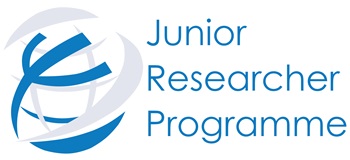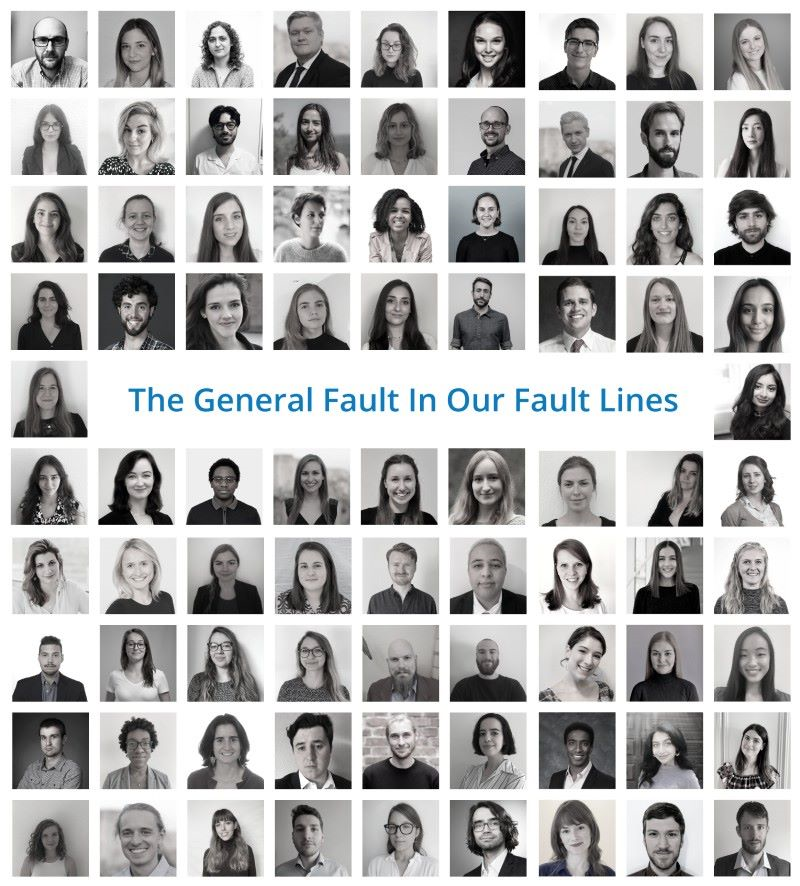After the success of our 2019 replication project, which covered a replication of Kahneman and Tversky’s Prospect Theory, we are thrilled to announce that the replication study conducted as part of the 2020 JRP internship has now been published in Nature Human Behavior! Led by Dr Kai Ruggeri, JRP’s Executive Director, the collaboration involved 82 co-authors from 42 institutions, including 16 interns from the 2019-2020 cohort, 14 GLOBES students, 43 JRP alumni, Dr Mina Cikara and Dr Jeff Lees from Harvard University, and additional collaborators who supported widening participation of the research.
The work aims to address the pressing issue of political polarisation worldwide. Our researchers replicated a 2020 study by Dr Lees (now at Clemson University) and Dr Cikara, which found that perceived disagreements between individuals and outgroup members (i.e., those on the opposite side of the political spectrum) may be heavily exaggerated in the United States. This study replicated two of the original experiments with over 10,000 participants from 26 countries.
The findings highlight that inaccurate and negative group meta-perceptions, and thus, drivers of political polarisation, are not just an issue in the US, but internationally. Additionally, the authors replicated the finding that a disclosure intervention (i.e., informing individuals about the outgroup members’ true perceptions) led to a reduction of attributing negative intentions to the out-group.
We are proud of the researchers, who were able to successfully complete their research project in spite of the many challenges of COVID-19, particularly that everything was carried out remotely. In fact, team meetings involved collaborators calling in from Istanbul to Honolulu and dealt with the many aspects of conducting an international, large-scale study – from translating materials to building survey instruments and collecting data. Curious to find out more about how they achieved this? You can find more information about the study procedure and implications here.
We would like to congratulate all collaborators on their combined effort and making such a critical contribution to scientific research in spite of all the challenges faced! With this exciting news in mind, we are already looking forward to our next internship project – Details on the 2021 internship will be shared in the near future, so stay tuned for updates!

